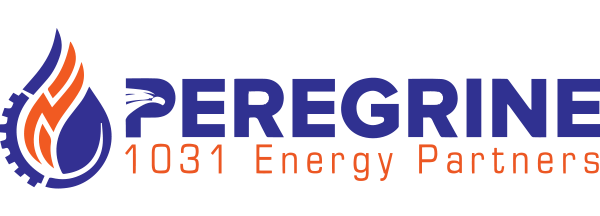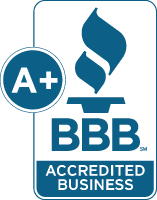What exactly are oil and gas royalties?
“Lucky Landowners” have been receiving a share of revenue from oil and gas wells drilled on their property since the 1850’s. This share of revenue is called a royalty and is commonly referred to within the industry as “mailbox money.” Royalty owners do NOT drill or operate wells nor do they share in any of the risks or expenses associated with that aspect of the industry.
How is ownership held in royalty properties?
Royalty owners receive direct deed and title to their asset the same way they would for a traditional real estate property. That title is recorded and held on a county level.
What do I receive as a royalty owner?
Royalty owners receive 12 checks (or direct deposits) each year and 1099 tax documents directly from the operators.
What are the biggest risks?
Pricing and production variability are the biggest risks to owning oil and gas royalties. A royalty owner’s monthly income moves up and down as commodity prices and production levels fluctuate.
What are the liquidity options?
Although royalties are designed as a generational buy-and-hold asset, there is always a healthy demand for cash flowing energy properties and owners can generally get liquid in 90-120 days.
Can you finance royalty acquisitions?
While financing options do exist, royalties are typically a debt-free asset class.
What are the closing, title, and management costs?
There are no closing or management costs associated with royalty ownership. Title verification costs vary but are generally nominal.
How are royalties taxed?
Royalty income is taxed as portfolio (ordinary) income. Some states assess property taxes on royalty interests the same as they would for real estate, although the amounts are usually much lower for royalties.
Can real estate brokers still be compensated?
Yes. Because oil and gas royalties are treated as a form of real property, brokers can be compensated the same as they would when facilitating the purchase or sale of traditional real estate.




